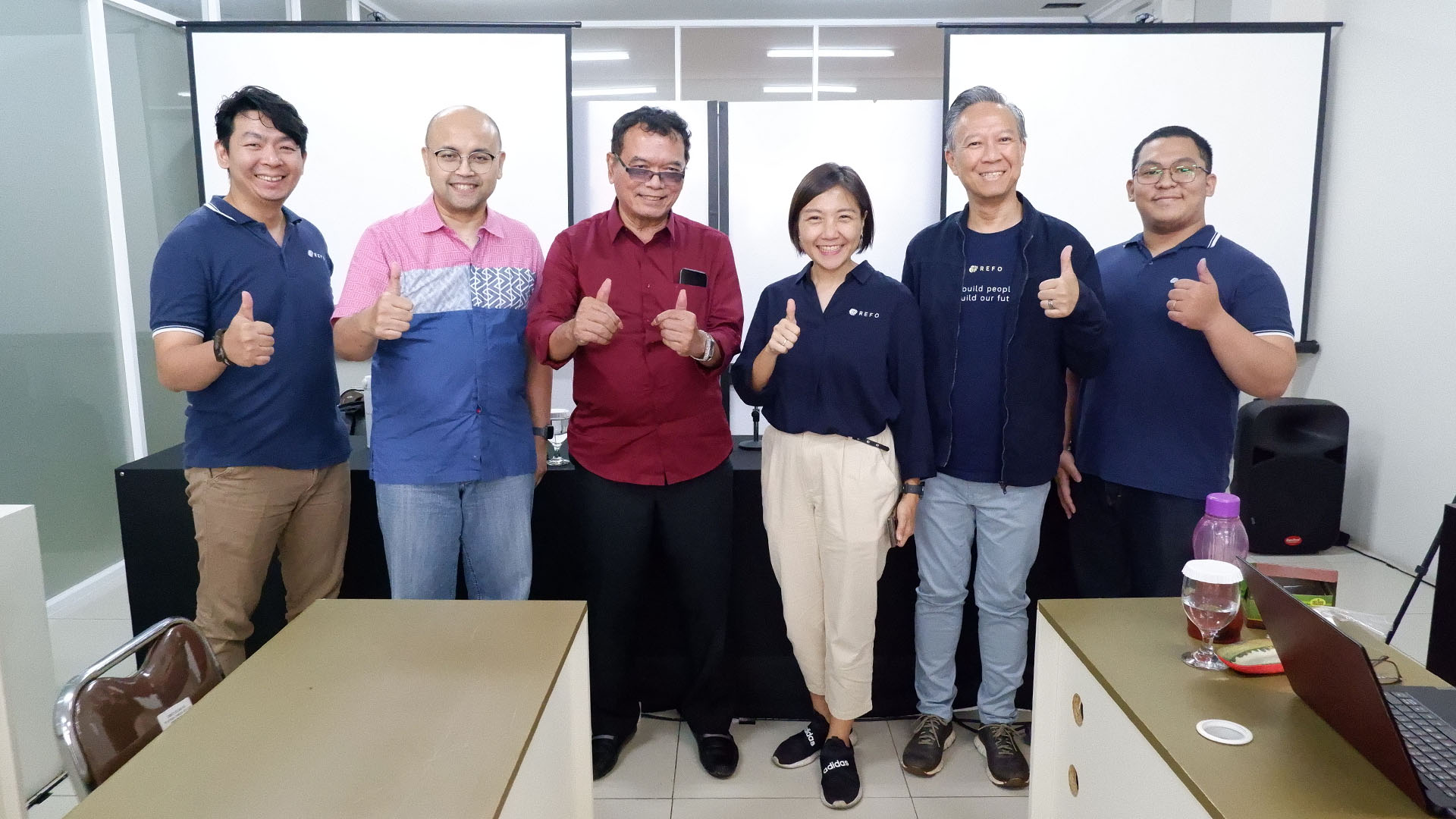Investment: Early Financial Planning for the Young Generation of Indonesia

Investment is the first step in managing financial patterns to secure the future. Essentially, investment is a strategy for allocating money or other resources into certain assets with the hope of gaining future benefits.
Investment assets are categorized into two types that serve as references for investors: Liquid and Non-liquid assets. These two types refer to the ease with which assets can be converted into cash within a specific timeframe.
Liquid assets are investments that can be easily liquidated. Examples include cash, bank deposits, stocks, government bonds (ORI and SUKUK), gold, and mutual funds. In contrast, Non-liquid assets are those with longer liquidation periods, typically long-term in nature. Examples include static or immovable assets such as real estate, art collections, antiques, and equipment or machinery.
During a speech at the opening of the Indonesia Stock Exchange (IDX) trading session on January 2, 2025, Finance Minister Sri Mulyani emphasized that financial education can begin at an early age.
"I hope that schools, especially at the elementary level, can provide education about investments to their students so that they understand the basics of investing," stated Indonesia's Finance Minister, Sri Mulyani.
Understanding how to manage finances effectively through investments offers long-term benefits. Moreover, investment has been made easier with various platforms accessible to students.
However, according to RHB Trade Smart website which quoted Bursa Efek Indonesia (BEI)’s survey, only around 12.4 million Indonesians are active stock investors. Additionally, doubts among students are often driven by a lack of understanding. Negative public sentiment, which views investment as inherently risky, further reduces the interest in investing in Indonesia.
Yet financial planning and literacy are especially important during these times. The digital era that demands financial literacy and agility will undoubtedly drive financial awareness among individuals, including students. The Vice Chancellor of Dian Nusantara University (UNDIRA), Mr. Dwi Sapto Febriantaka, M.A., stated that investment is the initial step for young generations in facing potential economic crises and preparing for retirement.
By understanding the benefits of investment as a way to prepare for the future, students can develop knowledge and a prudent attitude in managing their finances. Here are some tips for students who wish to start investing:
-
Start Small: Initial investments do not require a large amount of capital. Students need to understand that investing is not gambling. Starting small minimizes risks such as excessive losses and allows students to optimize their funds to achieve proportional Returns on Investment (ROI).
-
Research Target Companies: For students aiming to invest in companies offering Initial Public Offerings (IPOs), gathering information from various sources about the company and its owners is crucial. This detailed research serves as a risk management strategy against unexpected outcomes from the IPO.
-
Avoid Debt for Investments: Avoid borrowing money to invest. While taking risks to achieve goals may seem reasonable—"no risk, no reward" motto as a means to utilize trade limits or loans may result in significant losses if miscalculations or panic selling occur among other traders which can affect you. If stocks are sold in a negative balance condition, profits will be reduced to cover existing deficits.
-
Be Disciplined and Consistent: Investment requires long-term commitment. Regularly setting aside money every month can lead to significant results. Apply the 40-30-20 principle: allocate 20% of your monthly paycheck or income for investments in gold, stocks, mutual funds, or bonds.
To support awareness of the importance of investing and to enhance financial management knowledge for students, the UNDIRA Library Bureau will hold a seminar titled “Financial Literacy in the Digital Era: Investment Opportunities for Students.”
The event will take place in the 6th Floor Hall of Dian Nusantara University, Tanjung Duren, West Jakarta, at 1:00 PM. The seminar will feature two experienced investors as speakers.
(Danang Respati Wicaksono / Humas UNDIRA)
Press Contact :
Biro Humas & Sekretariat Universitas Dian Nusantara
Facebook : www.facebook.com/undiraofficial
Instagram : www.instagram.com/undiraofficial
Twitter : www.twitter.com/undiraofficial
www.undira.ac.id
Other

Monitoring Evaluation (Monev) of Research and Community Service (PkM) FY. 2023/2024 Dian Nusantara University
Read more
The Importance of Community Service in Supporting Institutional Communication
Read more
Through Google Workspace for Education Plus, Universitas Dian Nusantara (UNDIRA) Initiates Steps Towards Quality Human Resources in the Digital Age
Read more
Campus Tanjung Duren
Jln. Tanjung Duren Barat II No. 1
Grogol, Jakarta Barat. 11470
Campus Green Ville
JIn. Mangga XIV No. 3
Campus Cibubur
Jln. Rawa Dolar 65
Jatiranggon Kec. Jatisampurna, Bekasi. 17432







